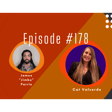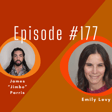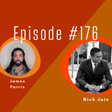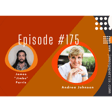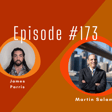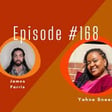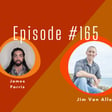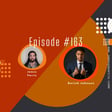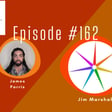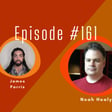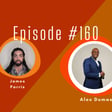
Transforming Pain into Purpose. (JP TV #153 with Lisa Heacock)
Welcome to JP TV, where we bring you insightful discussions on personal growth and resilience. In this episode, we're honored to introduce Lisa Heacock, an inspirational figure with an incredible journey of resilience, personal growth, and coaching others to find meaning and purpose after loss.
About Lisa Heacock:
Lisa is a proud mother, a loving partner, and the owner of Holistic Life Coaching with Lisa Marie. She's an International Certified and Accredited Life Coach, Grief Coach, Certified Grief Educator, Key-note speaker, Podcast Host of the "Because We Love – Finding Meaning After Loss" podcast, and an International Best-Selling Author.
Lisa's life took an unexpected turn after experiencing profound loss, including the passing of twelve loved ones in twenty-two months, a heartbreaking sequence that included her niece, parents, and twenty-four-year-old son-in-law.
Determined to heal and rebuild, Lisa sought various modalities and discovered ways to channel her pain into purpose. Now, she extends her hand to help others navigate similar challenges.
Known as "The Action Coach," Lisa specializes in assisting individuals who feel stuck, lost, stressed, lack confidence, or are grieving any form of loss. Her goal is to support them in transforming their lives and aligning with their values.
Connect with Lisa Heacock: https://linktr.ee/CoachLisaMarie
Thank you for tuning in. Don't forget to like, share, and subscribe for more empowering content!
► JP TV is also available in ROKU TV!◄
CONNECT WITH ME!
https://www.jimboparis.com
►Watch Our Previous Episodes HERE! ◄
https://bit.ly/jimboparisepisodesnippets
►GE Scientists’ Profile Series◄
https://bit.ly/jimboparis-gescientistsprofileseries
